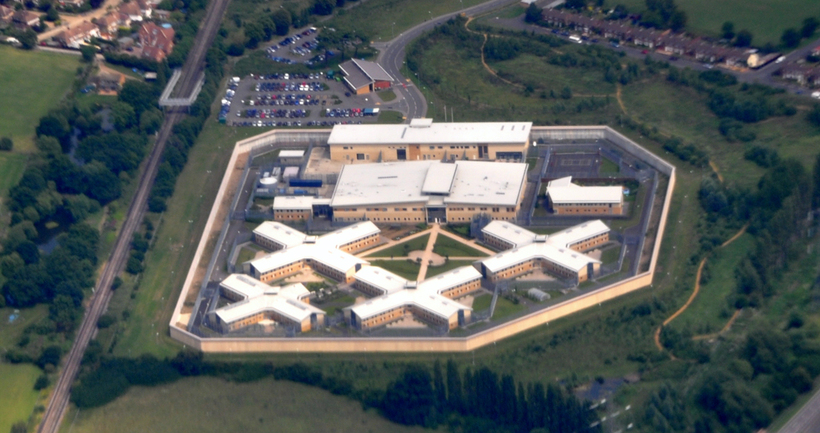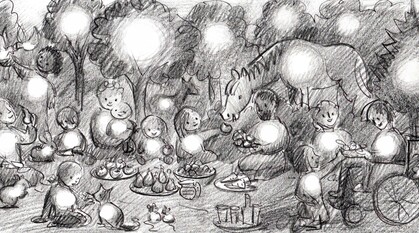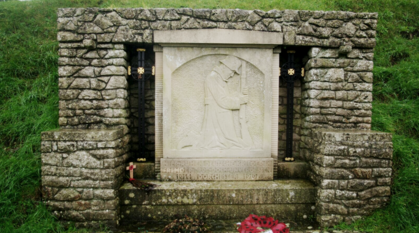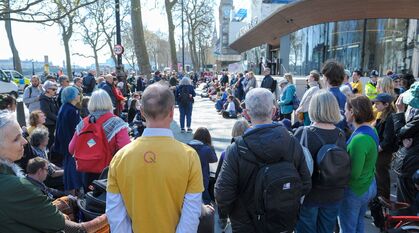Peaceful prisons
Peaceworker Abigail Darton reports back about her work to make prisons safer places for rehabilitation.

A lot has happened since I last wrote about my time as a peaceworker. Working with Leap Confronting Conflict has continued to be full of new experiences and learning.
Making prisons safer
The Peaceful Prisons Project is a piece of action research which aims to reduce violence in prisons by building community and we have now come to the end of the first pilot. Over fifty prisoners and staff at HM YOI Brinsford have been trained in conflict management skills and we have held eight community circles. In these circles, prisoners and staff come together to discuss the issues which lead to violence on their wings and come up with solutions to reduce them. Some prisoners and staff have also been trained as conflict coaches to run the circles and provide one-to-one support to people coming into the prison and those involved in violence.
The second pilot stage of the Peaceful Prisons Project is about to begin and the third pilot will begin in July at a second prison. It will be great to see how the learning from pilot one can be incorporated into these pilots to increase the impact and help make prisons a safer place for rehabilitation.
Addressing women's needs
Leap is also working at Bronzefield women's prison in Surrey. Women make up approximately 5% of the prison population in the UK across twelve prisons. The needs of these women are often complex:
- 57% of women in prison report having been victims of domestic violence
- 53% report having experienced emotional, physical or sexual abuse as a child, compared to 27% of men in prison
- 49% report needing help with a drug problem on entry to prison compared to 29% of men
As reported by the Prison Reform Trust (PDF)
Most interventions and programmes are designed for male offenders and then replicated for women. We're working hard to avoid this and ensure our project deals directly with the conflicts and challenges most relevant to female offenders.
On International Women's Day, I wrote a blog post Hidden violence: Women in prison which covers these issues in greater detail.
Lighting the fire
A highlight of my placement so far was attending 'Lighting the Fire', Leap's annual awards ceremony which recognises the work of those who support young people to manage conflict. The ceremony was completely led by young people. It was a positive showcase of their talent, passion and commitment to managing conflict in their lives and reducing violence in their communities.
It's felt almost impossible to read the news this year without being hit by a story of another young person losing their life to violent crime. Recognising the work of people working tirelessly to address this issue felt incredibly important and motivating.
A powerful force for change
Having been at Leap for 9 months now, I've become incredibly aware of how powerful a force for change conflict can be if positively managed. The skills I've learnt from attending training have changed the way I approach conflict in my own life, both professionally and personally. I really believe that these skills should be taught universally and I hope to carry this into whatever work I do in the future.
I continue to be very grateful to Quakers in Britain for the opportunity to work in a field that I feel so passionate about and I'm excited to see what the rest of my time at Leap will bring.


